"Drilling in thousands of feet of water is costly and dangerous. It's also where the oil is. But the real story behind deepwater exploration and production is not so simple an equation.
"Deepwater production is a new frontier," American Petroleum Institute senior economic advisor Rayola Dougher explained in an interview with Minyanville. "The oil companies have been denied access to the outer continental shelf in the past; they haven't been allowed to explore. That's why they're out there now."
Kert Davies, research director at Greenpeace USA, disagrees. He says BP (BP) isn't drilling down a mile deep because environmental groups prevented the company from operating closer to shore. It's because, 15 years ago, oil production off the outer continental shelf was effectively subsidized by the US taxpayer when Congress passed the Deep Water Royalty Relief Act, which exempted oil companies from paying a 12% royalty on oil extracted from wells in federal waters.
In 1995, crude oil was selling for about $16 a barrel. Nobody had any interest in drilling in thousands of feet of water, and companies were beginning to focus overseas."...
..."Still, the 2005 Energy Policy Act provided $6 billion in subsidies for oil and gas development, ostensibly leading to the unattainable goal of "energy security." The bill also provided $1.5 billion in direct payments to drill deepwater wells.
API's Dougher says, "There are 3,559 platforms in the Gulf, that have been operating safely for 30 years. An excellent safety record. From 1947 until now, spills in the Gulf represented 1/1000th of 1% of all the oil produced. That's multiple times better than natural seepage. Much better than nature."
BP thought so too, until the Deepwater Horizon exploded on April 20. In the plan filed with MMS dated February 2009, BP mentioned frequently how "unlikely" an "accidental surface or subsurface oil spill would occur from the proposed activities." And in its environmental impact analysis, BP argued that there was virtually zero chance of a spill that could damage beaches, fish, mammals, or fisheries.
2009 happens to also be the year that Department of Interior Secretary Ken Salazar installed former BP executive Sylvia Baca as the head of the MMS." Article>>>>

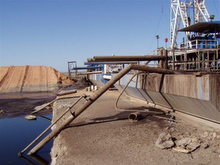



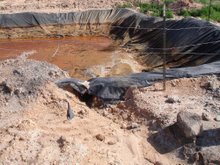

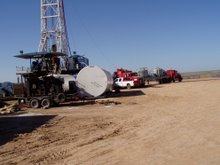
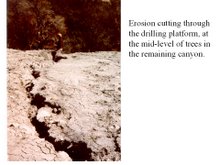
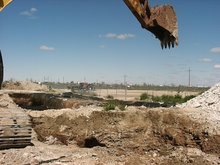
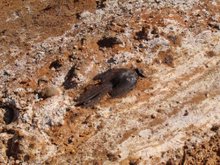
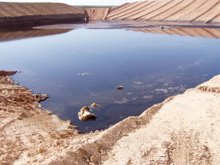
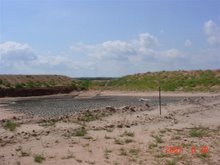
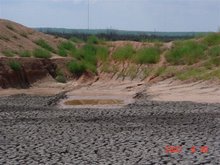
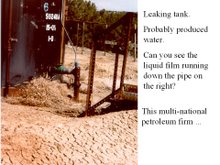
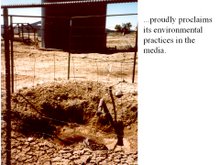
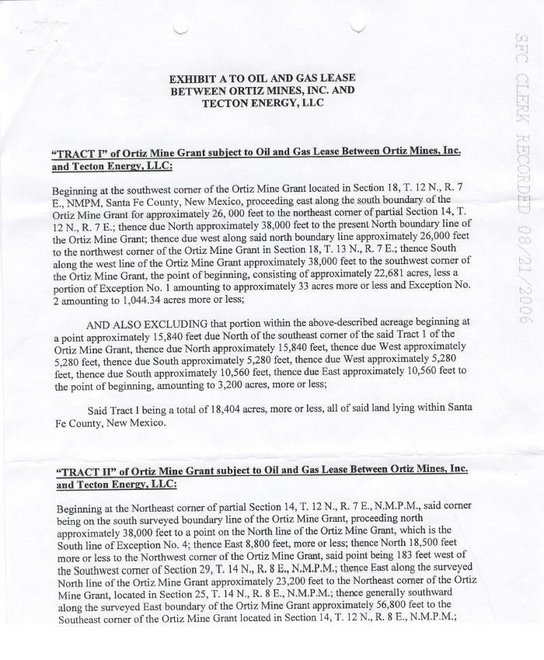
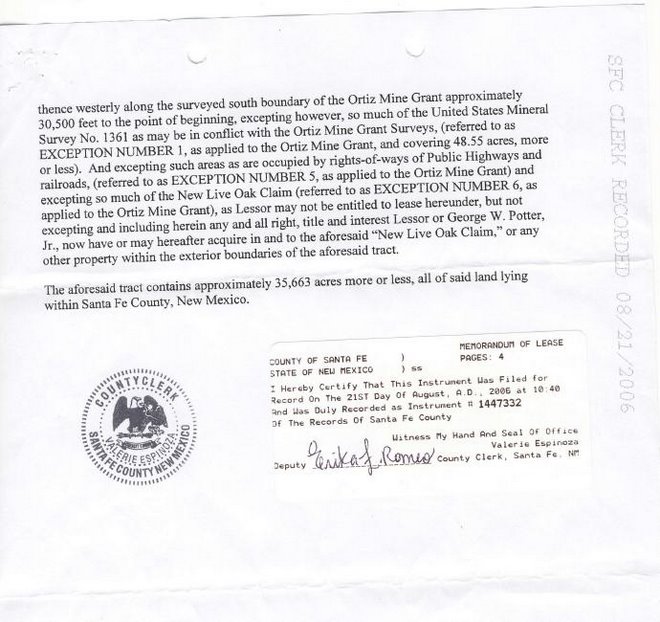
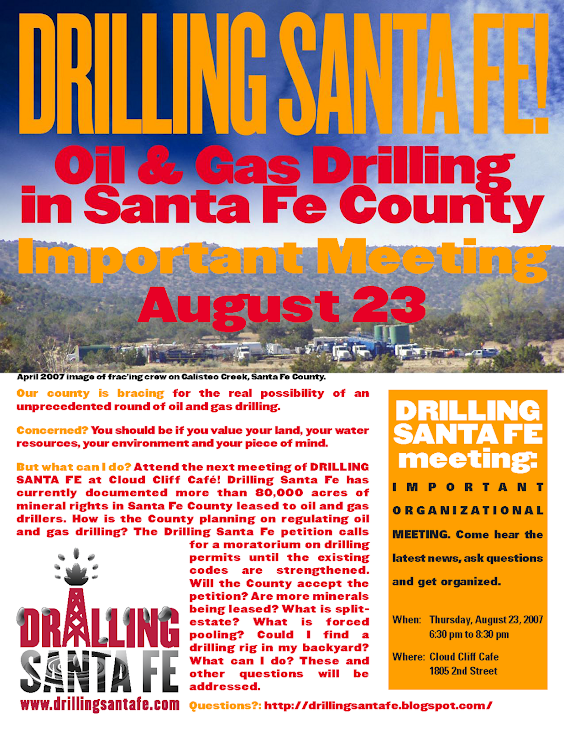

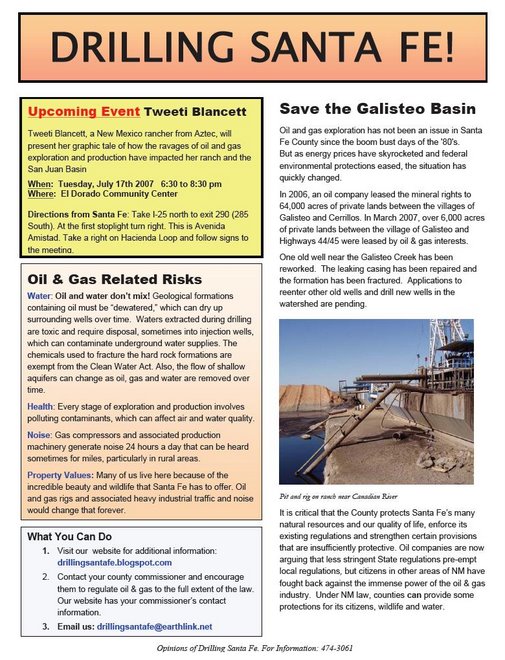
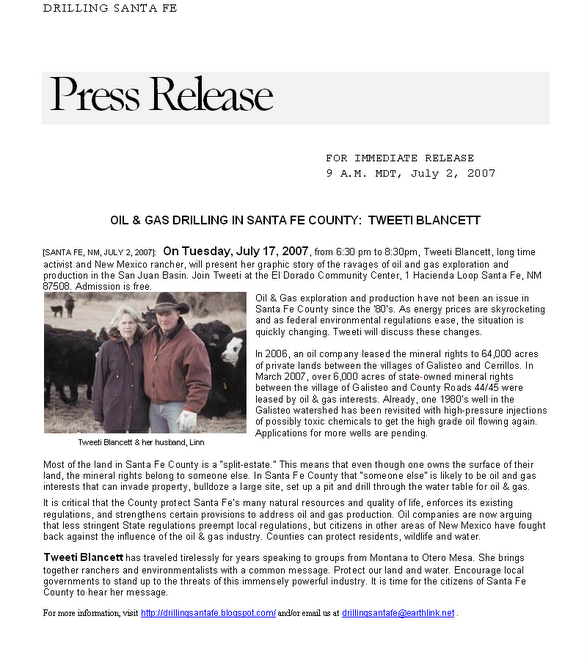
No comments:
Post a Comment